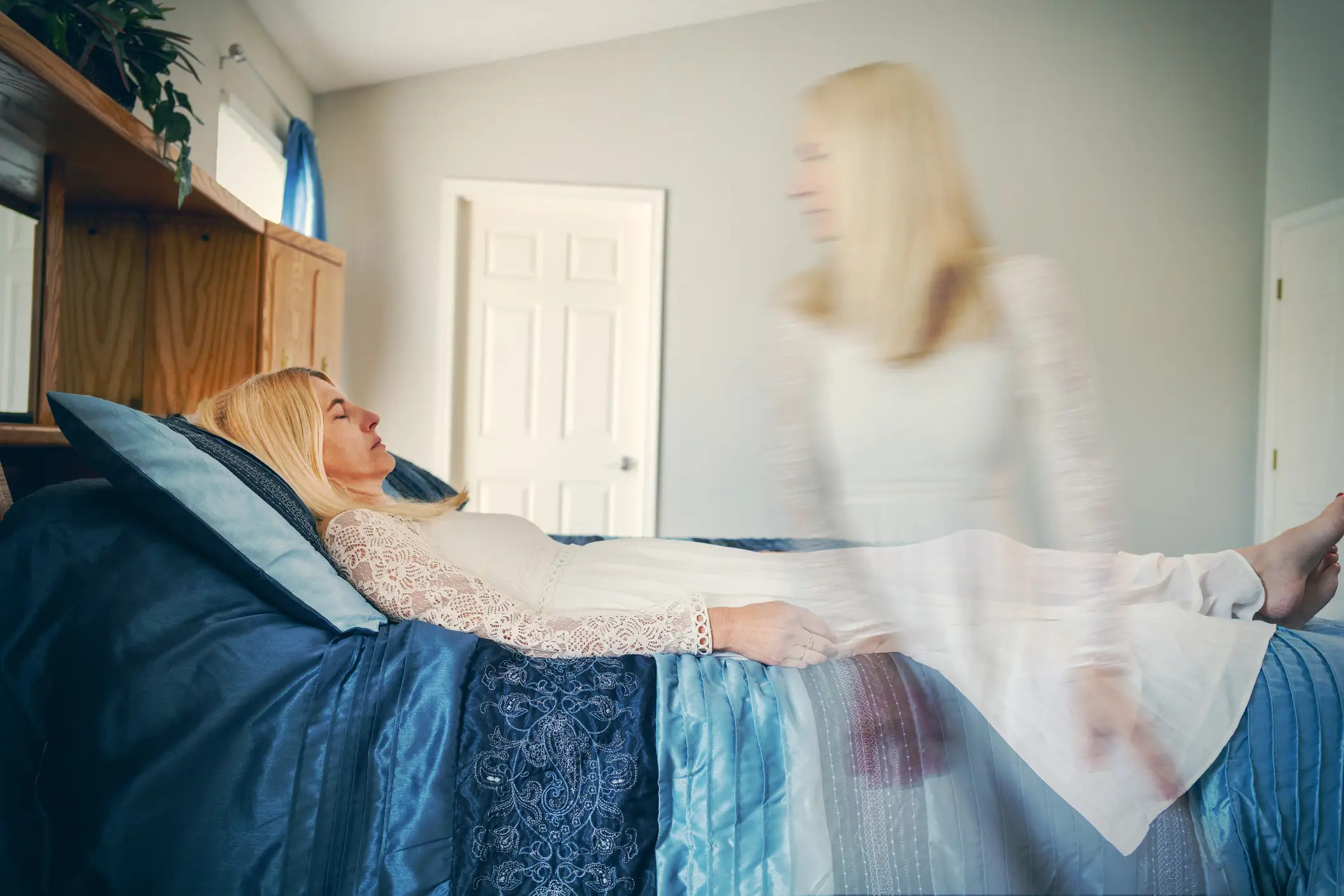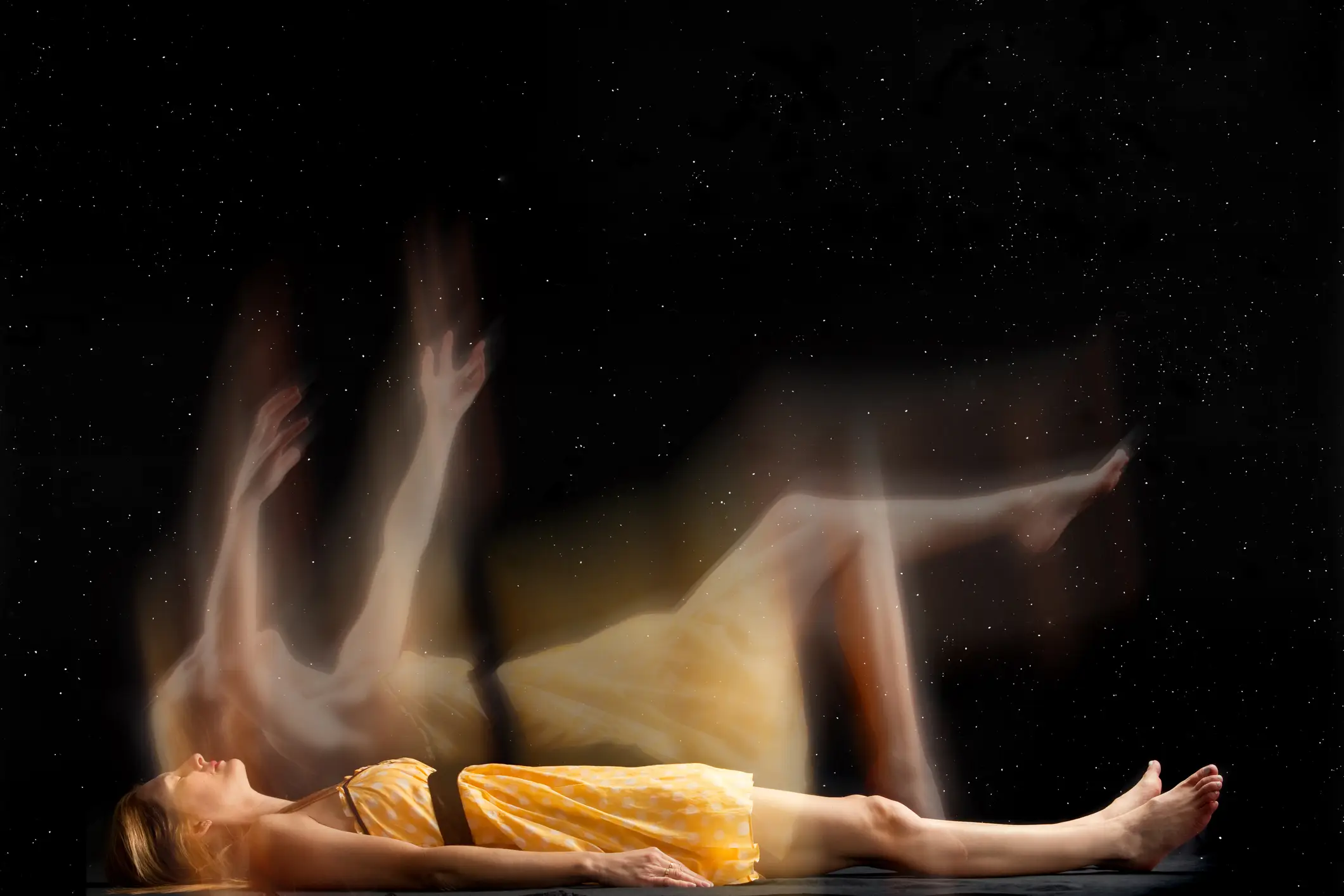
Scientists say near-death experiences (NDEs) stem from the brain's response to life-threatening stress.
But people who experience them often say it feels like their consciousness or spirit exists from out of their body.
This is what essentially leads to an after-life type experience.
To find out what common experiences people have, the University of Virginia (UVA) surveyed 167 individuals who claimed to have had a NDE.
Advert
A NDE refers to be a profound psychological event that occurs when someone is close to death or in a situation of intense physical or emotional danger.
20 percent of people in the study said they seriously considered their personal relationships and thought to divorce or break up with certain people in their life.

However, around 70 percent of the participants reported a shift in their religious or spiritual beliefs.
“My NDE was considerable,” one participant wrote in the questionnaire.
“I know I’ll never be the same person ever, so ongoing reflection and inner work are needed daily.”
Researcher Marieta Pehlivanova, of UVA Health’s Department of Psychiatry and Neurobehavioral Sciences, said: “We know a lot about these experiences from decades of research, including their typical manifestations, incidence, medical circumstances, their impact on individuals and even the physiological conditions of patients who have them.”
She added: “However, the research on how to support these patients and their specific needs is still limited.
“We hope to begin addressing this gap and to inspire other researchers, especially clinicians, to devote time and care in pursuing these questions.”
Pehlivanova and her colleagues examined the types of professional help, therapy, and other support that the sample group sought after their NDEs, as well as the factors predicting who would need such support.
The researchers also asked participants how helpful they found each form of assistance.
So, more than half of the participants (64 percent) sought some form of help, and among them, 78 percent reported that the support was beneficial.
The study found that individuals who had more intense NDEs were more likely to seek help, as were those with a prior history of psychological difficulties.

“We are hoping that this work brings light to the support needs of individuals who have had a near-death experience and are trying to make sense of it and its impact,” Pehlivanova said.
“In a new era of holistic patient care and extensive research on these experiences, including in medical journals, it is important to highlight the need for education of healthcare providers to address the gap of care for these patients.”